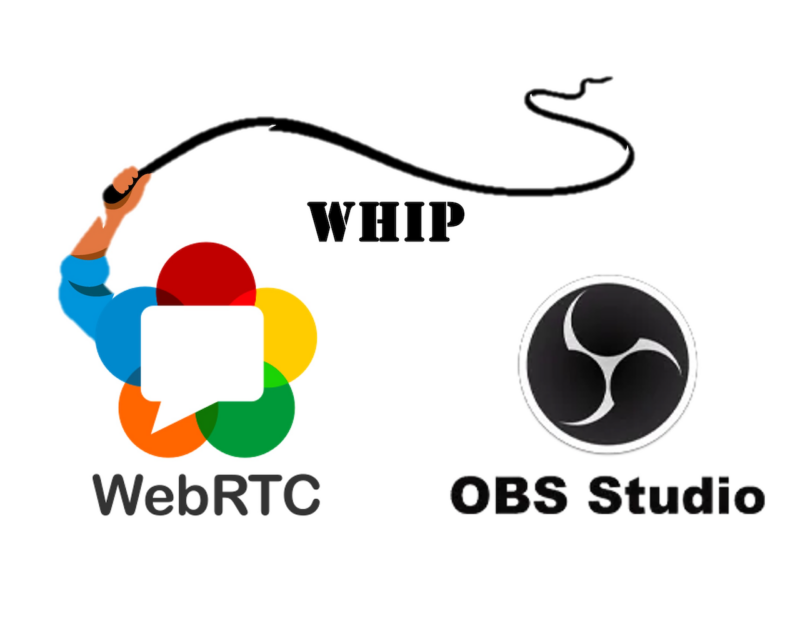We covered End-to-end encryption (E2EE) before, first back in 2020 when Zoom’s claims to do E2EE were demystified (not just by us; they later got fined $85m for this), followed by the quite exciting beta implementation of E2EE in Jitsi using Chromium’s Insertable Streams API. A bit later we had Matrix explain how their approach […]
Search Results for: SFU
All the ways to send a video file over WebRTC
I am working on a personal Chrome Extension project where I need a way to convert a video file – like your standard mp4 – into a media stream, all within the browser. Adding a file as a src to a Video Element is easy enough. How hard could it be to convert a video […]
The Hidden AV1 Gift in Google Meet
Earlier last week a friend at Google reached out to me asking Does Meet do anything weird with scalabilityMode? Apparently, I am the go-to when it comes to Google Meet behaving weirdly :). Well, I do have a decade of history observing Meet’s implementation, so this makes some sense! It turned out that this was […]
WebRTC cracks the WHIP on OBS
Open Broadcaster Software – Studio or OBS Studio is an extremely popular open-source program used for streaming to broadcast platforms and for local recording. WebRTC is the open-source real time video communications stack built into every modern browser and used by billions for their regular video communications needs. Somehow these two have not formally intersected […]
WebCodecs, WebTransport, and the Future of WebRTC
Explore the future of Real-Time Communications with WebrtcHacks as we delve into the use of WebCodecs and WebTransport as alternatives to WebRTC’s RTCPeerConnection. This comprehensive blog post features interviews with industry experts, a review of potential WebCodecs+WebTransport architecture, and a discussion on real-time media processing challenges. We also examine performance measurements, hardware encoder issues, and the practicality of these new technologies.






